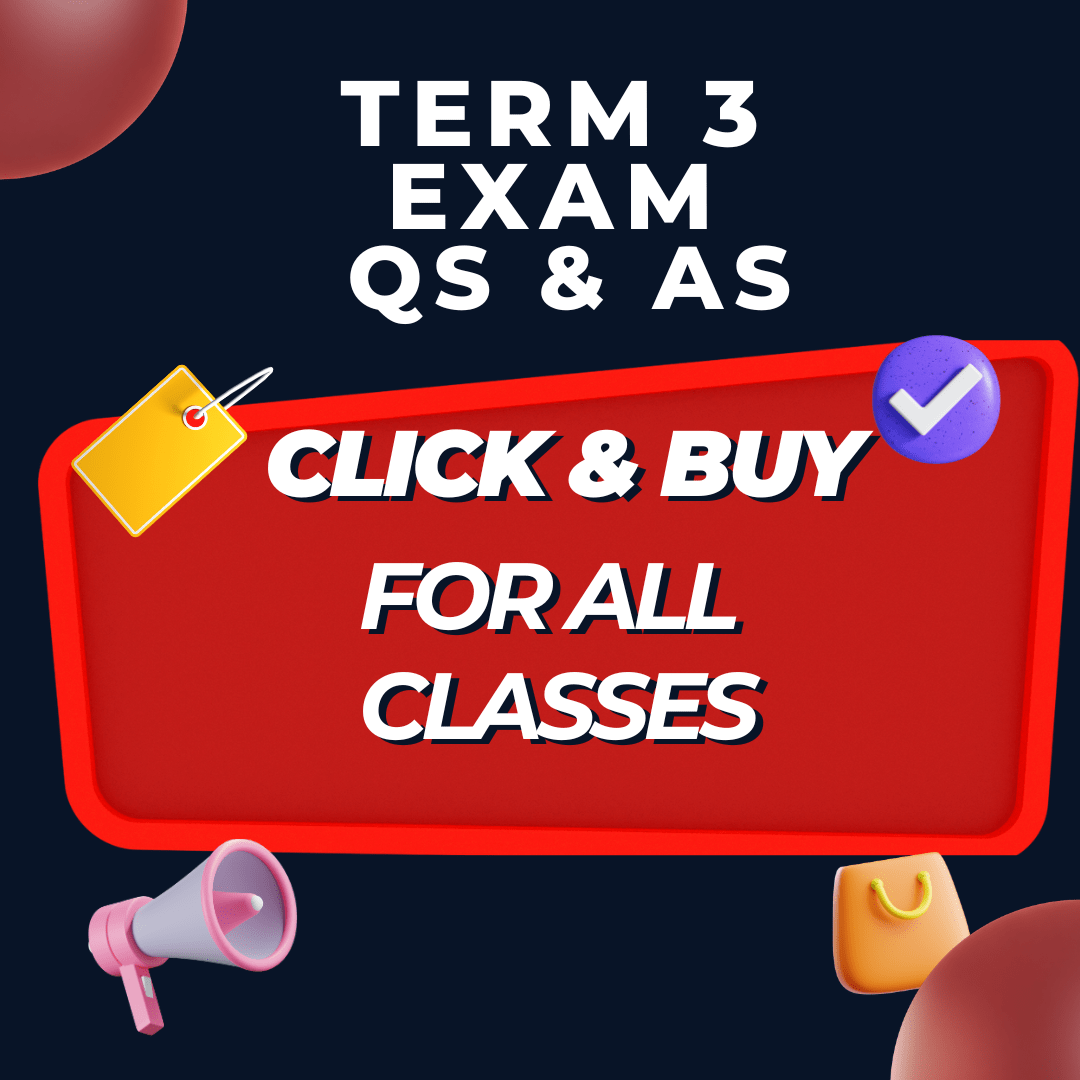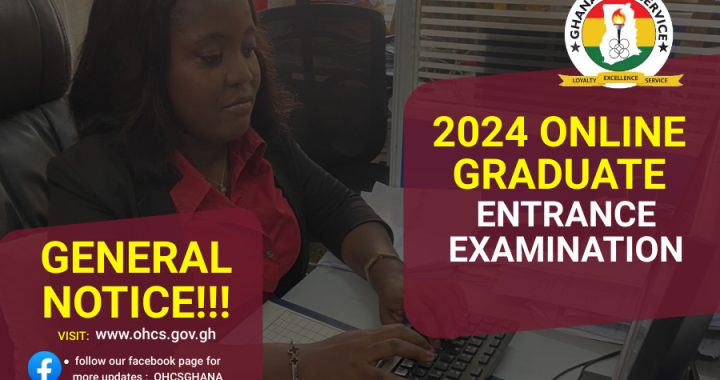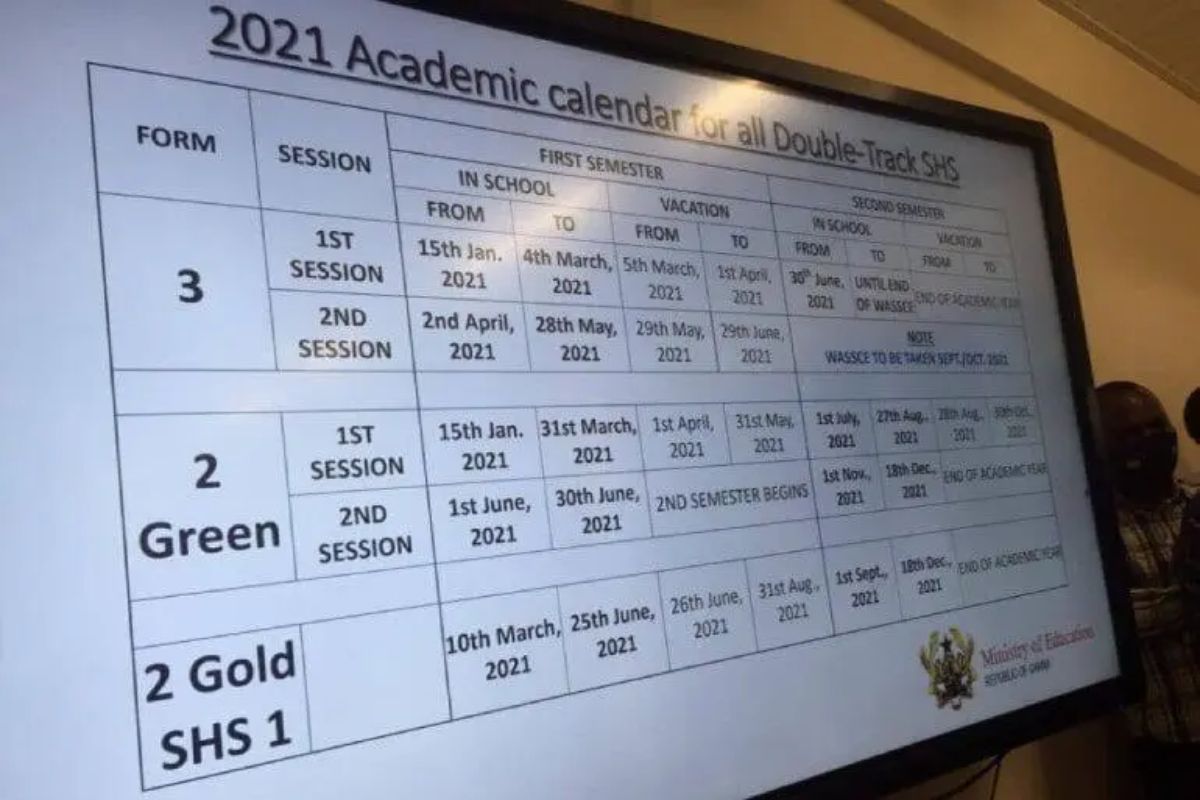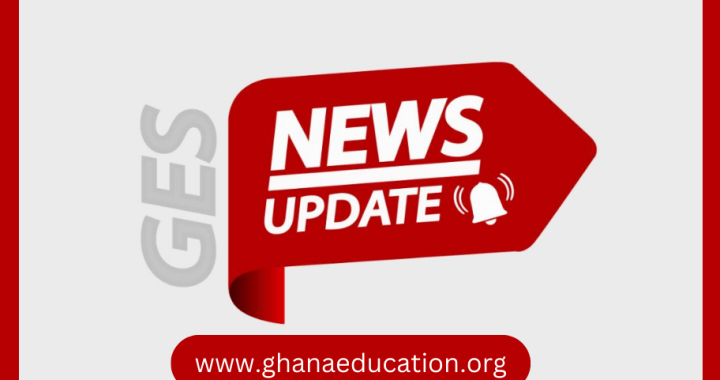Top 10 Study Tips for Effective Learning

Studying effectively is essential for success in exams. Here are ten tips for effective.learning and help you maximize your study sessions.
Tips for Effective Learning
1. Create a Study Schedule
Designate specific times for studying each subject. This helps in organizing your time effectively and ensures you cover all necessary topics.
2. Set Clear Goals
Define what you want to achieve in each study session. Whether it’s completing a set of practice questions or understanding a particular concept, clear goals keep you focused and motivated.
3. Use Active Learning Techniques
Engage with the material actively by summarizing, questioning, and teaching it to yourself or others. This approach enhances understanding and retention of information.
4. Take Regular Breaks
Break up your study sessions into manageable chunks and take short breaks in between. This prevents burnout and helps maintain concentration and productivity.
5. Find a Suitable Study Environment
Choose a quiet, well-lit, and comfortable space for studying. Minimize distractions such as noise, clutter, and electronic devices to optimize focus.
READ ALSO: Top 10 Note-Taking Methods for Better Retention
6. Utilize Different Learning Resources
Explore various resources like textbooks, online articles, videos, and educational apps to gain a comprehensive understanding of the subject matter..
9. Stay Positive and Persistent
Maintain a positive attitude towards your studies and believe in your ability to succeed. Be persistent, even when faced with challenges or setbacks. Remember that learning takes time and effort, and each study session contributes to your progress.
10. Review and Reflect
After completing a study session or exam, take time to review your performance and reflect on what worked well and areas for improvement. Adjust your study strategies accordingly to optimize future efforts.
By incorporating these study tips into your routine, you can enhance your learning experience and achieve better results in exams like the BECE, WASSCE, and university-level assessments in Ghana.


 Civil Service Announces 2024 Online Examination Details for Graduate Applicants
Civil Service Announces 2024 Online Examination Details for Graduate Applicants  BREAKING: President Biden Announces Decision Not to Seek Reelection
BREAKING: President Biden Announces Decision Not to Seek Reelection  Real Reason Behind the Appointment of Yohunu as Deputy IGP
Real Reason Behind the Appointment of Yohunu as Deputy IGP  GES 2024-2025 Academic Calendar for Public Schools
GES 2024-2025 Academic Calendar for Public Schools  GES to recruit university graduates and diploma holders-GES Director General
GES to recruit university graduates and diploma holders-GES Director General  Dr. Bawumia’s Smart Phone Credit Will Take 125 Years To Repay: A Misleading Promise
Dr. Bawumia’s Smart Phone Credit Will Take 125 Years To Repay: A Misleading Promise  GES is expected to announce reopening dates for public schools today
GES is expected to announce reopening dates for public schools today